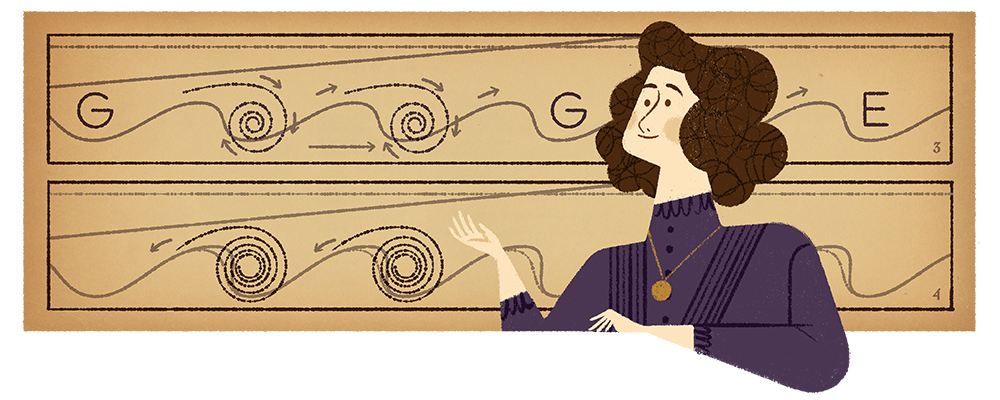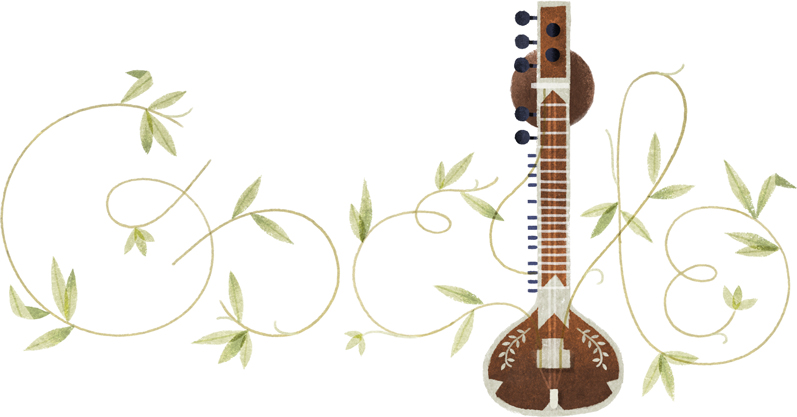Today the Search Engine Google is showing an animated Doodle for celebrating Claude Shannon’s 100th birthday.
Claude Shannon was an American mathematician, electrical engineer, and cryptographer known as "the father of information theory".
Shannon is famous for having founded information theory with a landmark paper that he published in 1948. He is perhaps equally well known for founding both digital computer and digital circuit design theory in 1937, when, as a 21-year-old master's degree student at the Massachusetts Institute of Technology (MIT), he wrote his thesis demonstrating that electrical applications of Boolean algebra could construct any logical, numerical relationship.
As a cryptographer for the US government in World War II, Shannon developed the first unbreakable cipher. He juggled between tinkering with electronic switches to developing an electromechanic mouse called 'Theseus' which could teach itself to navigate a maze, much like the modern-day artificial intelligence.
Claude Elwood Shannon gave many more inventions to the science and technology like :
Shannon’s mouse
Shannon’s computer chess program
Shannon’s maxim



